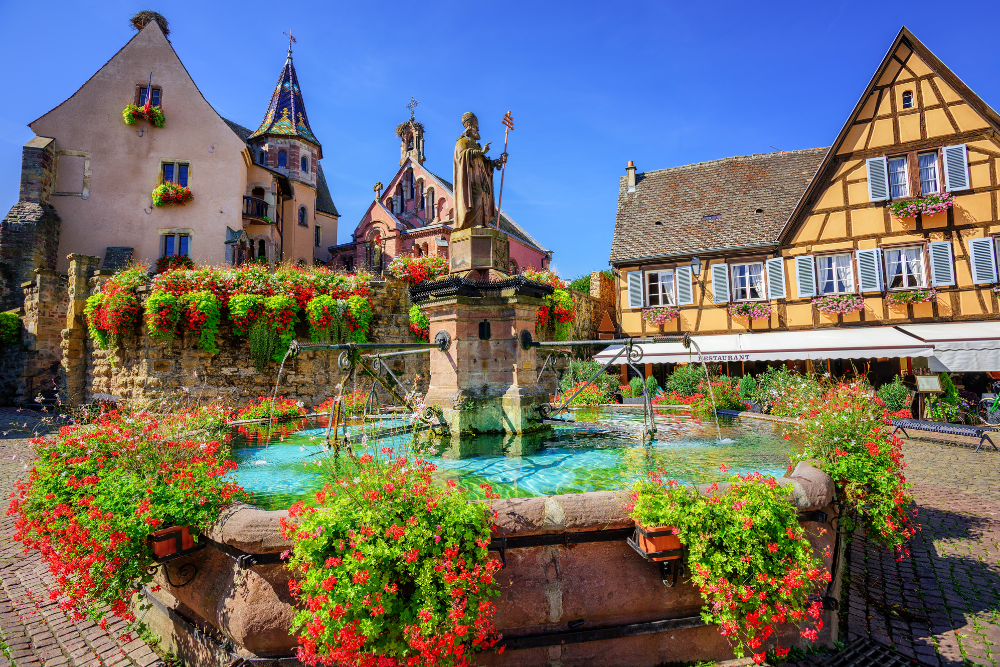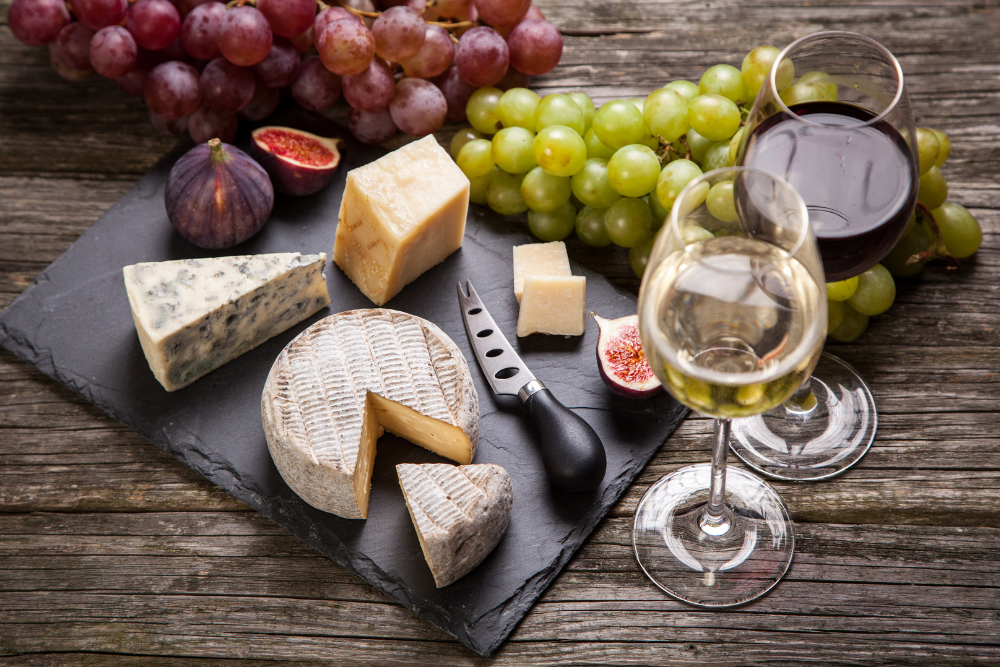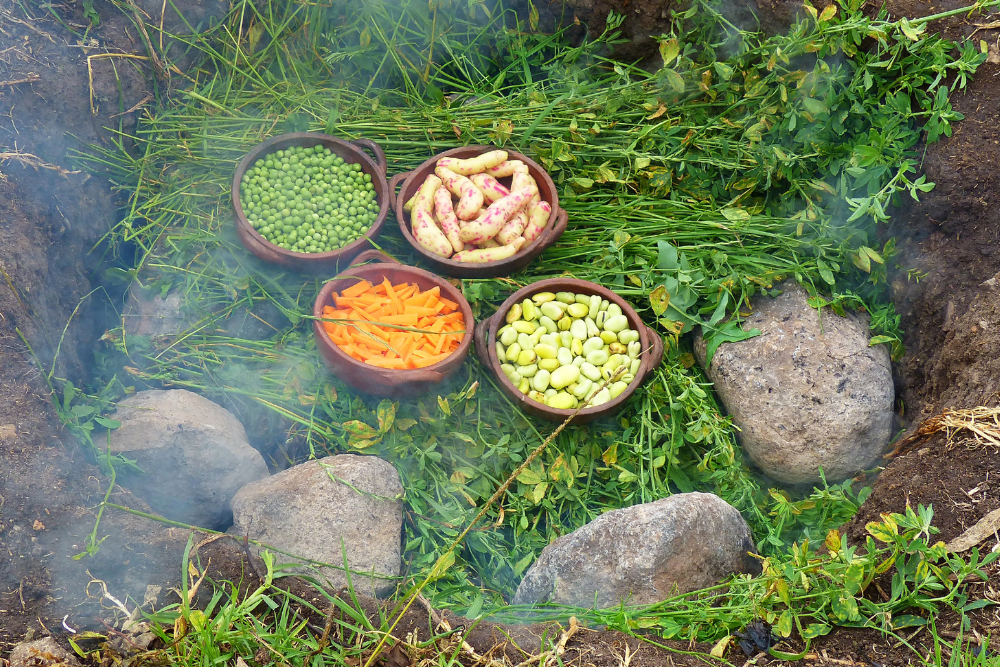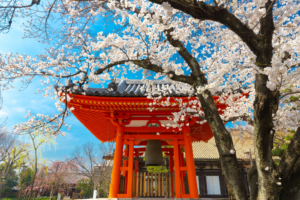France is known for its rich history, art, and gastronomy, but there is much more to its culture than meets the eye. Beyond the Eiffel Tower and fine dining, everyday life in France is shaped by centuries-old traditions, social norms, and deeply ingrained customs. In this guide, we explore five unique aspects of French culture that reveal a deeper understanding of the country’s way of life.
1. The Ritual of Food and Dining

The French approach food with reverence. Meals are not just about sustenance but serve as a social and cultural ritual. Lunches often stretch over two hours, and dinner can be an elaborate affair with multiple courses, particularly on weekends. The French value fresh, high-quality ingredients, and many still shop at local markets for produce, bread, and cheese. Even in fast-paced cities like Paris, mealtime remains sacred, and eating on the go is far less common than in other cultures. Restaurants emphasize the art of slow dining, where conversation is as important as the cuisine itself.
2. Café Culture: More Than Just Coffee

Cafés in France are not just places to grab a quick coffee; they are integral to daily life. Whether in bustling Paris or a quiet village, cafés serve as social hubs where people gather to discuss politics, philosophy, or simply watch the world go by. Unlike in many other countries, it is completely acceptable to linger for hours over a single espresso. Many cafés retain their historic charm, featuring wooden interiors, tiny round tables, and outdoor seating that encourages people-watching. This unhurried approach to café culture embodies the French philosophy of enjoying life’s simple pleasures.
3. Language and the Role of the Académie Française

The French language is a point of national pride, and efforts to preserve its purity are taken very seriously. Established in 1635, the Académie Française is responsible for regulating and protecting the French language. This esteemed institution frequently suggests alternatives to foreign words, particularly English terms that have made their way into daily speech. While not all of these proposed changes gain widespread adoption, the French remain dedicated to maintaining the integrity of their linguistic heritage. Despite global influences, French continues to evolve while retaining its distinctive character.
4. The Art of Greeting: La Bise and Formalities

Social interactions in France often follow established customs that may be surprising to outsiders. One of the most recognizable traditions is “la bise,” the customary cheek kiss exchanged as a greeting. The number of kisses varies by region, ranging from two to four. Additionally, addressing someone formally with “Monsieur” or “Madame” is considered polite, particularly in professional and business settings. The French take these forms of address seriously, and using “tu” instead of “vous” prematurely in conversation can sometimes be perceived as overly familiar. Mastering these subtle social cues can go a long way in understanding French etiquette.
5. Wine, Cheese, and the French Passion for Terroir

Wine and cheese are cornerstones of French culture, and their significance extends beyond culinary appreciation. France produces over 1,600 varieties of cheese, and wine is deeply embedded in daily life, with many families keeping a personal selection at home. The French concept of “terroir”—the idea that climate, soil, and geography shape the character of food and drink—underscores the importance placed on local specialties. From Bordeaux’s robust reds to Burgundy’s refined whites, wine is enjoyed with meals rather than just for celebration. Likewise, cheese is typically served at the end of a meal, showcasing the diversity and regional pride tied to these staples.
Conclusion
French culture is a fascinating blend of tradition, refinement, and passion for life’s simple pleasures. From the slow and intentional approach to dining to the deep-rooted customs of social etiquette, each element reflects a commitment to heritage and quality of life. Whether sipping coffee in a charming café, navigating the nuances of “la bise,” or savoring a carefully selected wine and cheese pairing, immersing yourself in these cultural aspects will deepen your appreciation for France’s unique way of life. Next time you visit, take the time to embrace these traditions and experience the essence of French culture beyond its famous landmarks.












